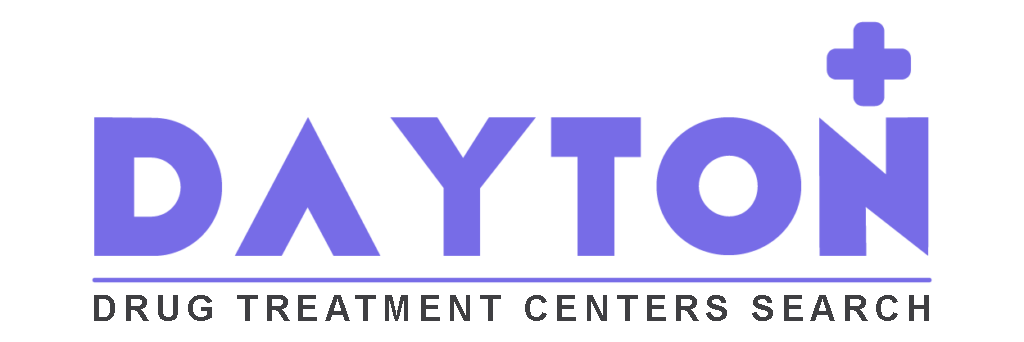Alcohol and Drug Withdrawal in Dayton, OH
Dayton Drug Treatment Centers know that alcohol and drug withdrawal is the first step of addiction treatment, including the use of medications to help reduce and manage withdrawal symptoms. Alcohol and drug withdrawal is experienced by drug dependent people when they stop drug consumption, with a range of symptoms possible depending on the substance and extent of addiction and past history of drug use. Common alcohol and drug withdrawal symptoms include nausea, vomiting, sweating, headaches, anxiety, and insomnia. While some psychoactive substances are known to cause physical-somatic symptoms upon discontinuation, others are more likely to cause emotional and motivational symptoms.
Medical Detox in Dayton
Medical detox is often applied when physical withdrawal symptoms are present. Medical detox is the process and experience of drug withdrawal in a medically supervised setting, which may be a private hospital, a rehab center, or a dedicated detox clinic. The first stage of detox involves physical and mental tests prior to medication, including tests for currently circulating substances, secondary addictions, and co-existing mental health disorders. Medication can not begin until these tests have been carried out.
The second stage of detox attempts to stabilize the patient and treat specific withdrawal symptoms, with medications often applied to reduce the severity of these symptoms. For example, sedatives are often given to alcoholics to reduce the risk of seizures and delirium tremens. While it is sometimes possible to stabilize patients through discontinuation alone, medical intervention is often advised. The third stage of detox involves a detailed consultation process, with patients guided into further treatment before graduating from the program.
Natural Detox
Natural and “‘cold turkey” detox programs are an alternative to medical detox. While medical programs attempt to stabilize patients through the use of medications, natural programs rely on enforced abstinence alone. While this can be useful in certain situations, medical intervention is generally advised at a professional treatment clinic. Rapid opiate detox programs perform a special kind of natural detox that attempts to rid patients of heroin and other opiate drugs over a short-time period. These programs can be very dangerous and are generally not advised by medical professionals.
Drug Treatment
While detox is an important part of the drug treatment process, it is not enough when administered in isolation. Medical and natural detox programs should always be followed by comprehensive rehabilitation regimes, including partial hospitalization, outpatient rehab, or residential programs. Medical detox is designed to enable the cessation of drug intake and does very little to address the psychological factors that underpin drug addiction. In contrast, rehab and relapse prevention programs are designed to help people recognize emotional and environmental barriers and cope with the challenges of the recovery process as they arise.
Aftercare
Aftercare programs are designed to follow detox and rehab, including conventional 12-step support groups like Narcotics Anonymous (NA) and Alcoholics Anonymous (AA), SMART Recovery, sober communities, and group counseling. Relapse is an extremely common outcome of addiction treatment, with patients much more likely to succeed when they have access to ongoing aftercare support services. Let Dayton Drug Treatment Centers connect you with the right services for you. Just give us a call today at (937) 949-4099 to speak with one of our caring recovery advocates.

